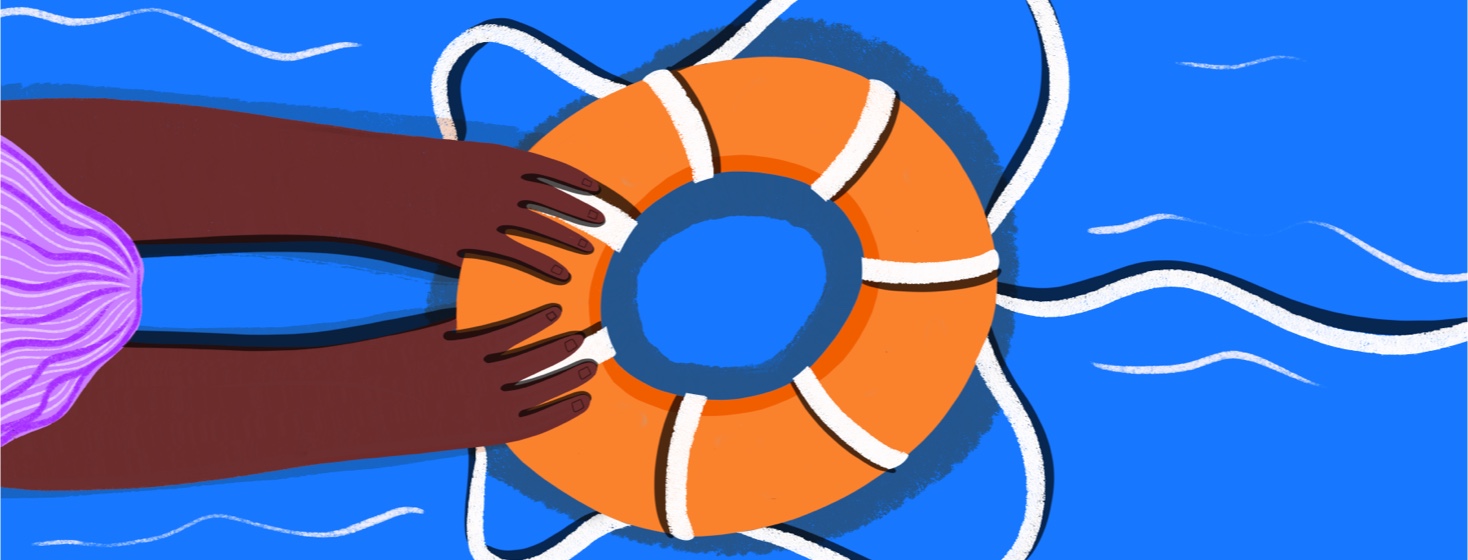A is for Anxiety
You've just been diagnosed with breast cancer. You're scared, you're anxious, and you don't know what to do next. This is a common feeling for many cancer patients, and it's perfectly normal.
One of the biggest challenges after being diagnosed is learning how to cope with the anxiety and appearance changes that often come along with treatments. It's important to understand that everyone copes with anxiety differently.
Some people may feel anxious all the time, while others may only feel it in certain situations. If you're feeling anxious, you could consider talking to your doctor or a mental health professional. They may be able to help you manage your anxiety to make sure it doesn't interfere with your treatment.
Things change when you are newly diagnosed
Appearance changes are common after cancer treatment. Hair loss, weight gain, and changes in skin texture are all possible side effects of treatment. These changes can be hard to deal with, but there are ways to cope.
First of all, it's important to understand that these changes are temporary and probably will not last forever. Secondly, there are many products available to help you deal with hair loss and changes in skin appearance. Finally, there are many ways to hide or camouflage weight gain, such as wearing loose-fitting clothing.
There are other solutions available to the newly diagnosed, especially if you've learned a few things in your journey. However, what's disheartening to me is the countless newly diagnosed women with whom I've spoken whose doctors have given them very little information about coping with their diagnoses.
Of course, doctors might tell you an unlimited amount of medical information for which you'd need a medical dictionary to understand--but nothing on a personal level.
Meeting other living with MBC
I think one of the most helpful pieces of information that I received came from a young lady named Sharon who worked at the Breast Cancer Center.
She had been diagnosed three years prior to me, and she talked about coping skills and went over the stages with me. It wasn't my doctors--not even my oncologist--but someone who had traveled the road before me and wanted to help women on a deeper level.
She was the one who let me know that my staging was much higher--based on the size of the tumor--than the doctors had in their notes. When I went back to my doctors, their response was, "Oh, yeah."
She was also the one who informed me that if you test positive for the BRCA gene, just because you remove both breasts and have a hysterectomy, cancer could still show up in any other part of your body--something else that I hadn't learned from the doctors.
Leaning on others
After meeting with Sharon, she shared a lot of information with me that made me consider being an advocate, author, and doing a photo shoot. Two weeks into knowing Sharon, I felt as if I had known her for years.
We laughed, cried, and shared dreams with one another like we were old friends. At the end of each week, we would say that we made it another week, and we would begin the new week all over again.
The Monday of the third week, I called her, and she didn't answer, I called the center and they were extremely vague. I asked to speak with the director and, with a lump in her throat, she told me that Sharon had passed over the weekend.
She said that she didn't want to tell me and that Sharon made her promise that she wouldn't tell me until after my treatment on Tuesday. She also asked me to come and pick up a book and a note that Sharon had left for me.
Big, bold, honest, and unapologetic
In the note, Sharon told me that I had to be a voice in the breast cancer community that many hadn't heard. It took me a moment, but I was determined to make my mark in the only way that I could: big, bold, honest, and unapologetic.
In a perfect world, there would be no breast cancer, no anxiety, no death every nineteen minutes, and no one fighting alone. But until then, let's try to lessen the anxiety and fear for all of our newly diagnosed sisters and brothers.

Join the conversation